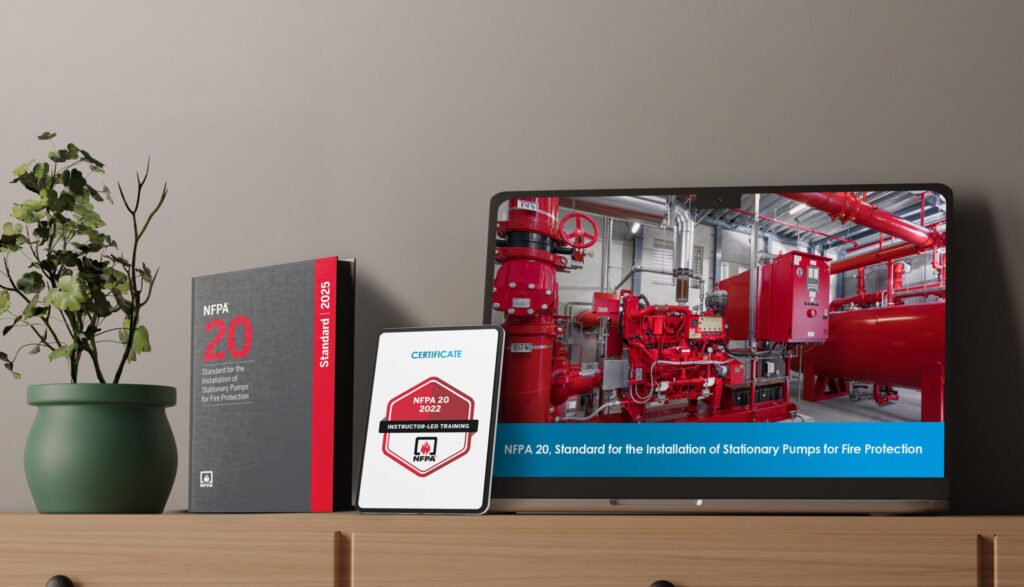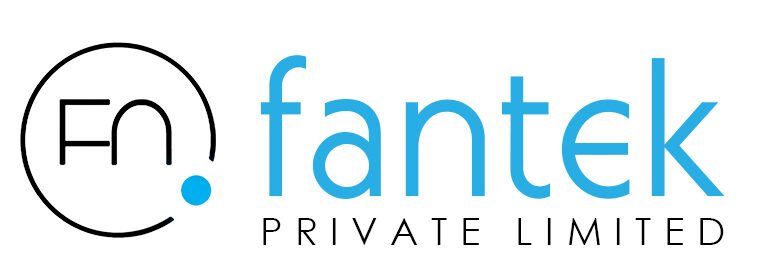
NFPA 20
Standard for the Installation of Stationary Pumps for Fire Protection
Completion Achievement
📜 NFPA Issued Certificate
Delivery Method
💻 LVT – Live Virtual (Online)
Why Join?
📘 Stay Current with the 2025 Edition – Master the latest updates and compliance requirements
👷 Critical for Fire Protection Professionals – Essential for designers, engineers, installers, inspectors, and AHJs
🛡️ Comprehensive Coverage – From installation and system selection to ITM and protection strategies
🔧 Practical Learning – Apply requirements through real-world examples and case studies
🌟 Enhance Professional Competence – Build expertise in a critical element of fire protection system design and reliability
Duration
📅 1.4 CEUs
This NFPA 20 (2025) training provides essential guidance on the installation, operation, and maintenance of stationary fire pumps. Updated to the 2025 edition, it covers installation requirements, acceptance testing, ITM procedures, pump selection, and protection measures—equipping participants to ensure reliable, code-compliant fire pump systems.
 During this course, participants will explore:
During this course, participants will explore:- Purpose, scope, and application of NFPA 20
- Components and operation of stationary fire pumps
- Installation requirements for pumps and supporting equipment
- Plans review and acceptance testing procedures
- Inspection, testing, and maintenance (ITM) provisions
- Criteria for selecting fire pumps based on system demand
- Protection requirements for pumps and associated systems
 After completing this course, participants will be able to:
After completing this course, participants will be able to:- Explain the role and importance of stationary fire pumps in fire protection systems
- Identify and describe fire pump components and installations
- Review and verify compliance with NFPA 20 installation requirements
- Apply procedures for plans review, acceptance testing, and ITM activities
- Select the appropriate fire pump to meet hydraulic and operational needs
- Implement protective measures to ensure pump reliability and performance
 This course is ideal for:
This course is ideal for:- Fire protection engineers and system designers
- Sprinkler and fire pump installers
- Code officials and Authorities Having Jurisdiction (AHJs)
- Inspectors, testers, and maintenance professionals
- Facility managers responsible for fire protection systems
